The Ministry of Industry and Trade believes that it is necessary to amend regulations on the authority to issue mechanisms to adjust retail electricity prices to be closer to the market and gradually eliminate cross-subsidy among customers.
This viewpoint was stated by the Ministry of Industry and Trade in a submission to the Government on amending the Electricity Law. This is the first time this law has been proposed to be amended after nearly 20 years of implementation, in order to meet the goal of developing the electricity industry and ensuring national energy security.
The five policy groups proposed by the Ministry to be amended include planning and investment in power development to ensure energy security; regulations on operating conditions and the granting and revocation of power licenses; and management of power trading activities in the direction of promoting a transparent competitive market and prices according to market mechanisms. The amended law will also add regulations on system operation management, encourage economical use of electricity, enhance solutions for managing electricity demand and adjusting electricity loads.
Regarding electricity prices according to the market mechanism, the Ministry of Industry and Trade said that the policy has been stated in the current law and implemented according to the Prime Minister's decision (currently Decision 24/2017). However, in reality, price adjustments still have shortcomings when facing much pressure from public opinion, and must be evaluated comprehensively from many aspects because each change can affect the macro economy.
For example, the price adjustment mechanism is implemented according to Decision 24/2017, but the implementation process is not carried out periodically or according to this decision. From 2017 to now, electricity prices have been adjusted 3 times, in 2017 (increased by 6.08%), 2019 by 8.36% and May 2023 by 3%. Meanwhile, according to Decision 24, the average retail price is considered for adjustment every 6 months based on the correct and complete calculation of input costs for production and business of the electricity industry.
EVN's data shows that in 2022, the group recorded a loss from electricity production and trading of more than VND 36,200 billion, meaning that for every kWh of electricity sold to customers last year, the group lost more than VND 149.5. Thanks to income from other activities and cost reduction (about VND 10,000 billion), EVN's production and trading loss in 2022 was more than VND 26,200 billion.
Thus, experts believe that EVN is unable to reinvest in expanding the system and pay electricity sellers, leading to the risk of not ensuring security in electricity supply.
Therefore, the Ministry of Industry and Trade believes that it is necessary to amend the regulations on the authority to issue a mechanism to adjust retail electricity prices in the direction of the Government issuing a Decree, instead of a decision as at present. In which, the authority to adjust at each level is regulated to include the Government and the electricity unit (Vietnam Electricity Group, EVN).
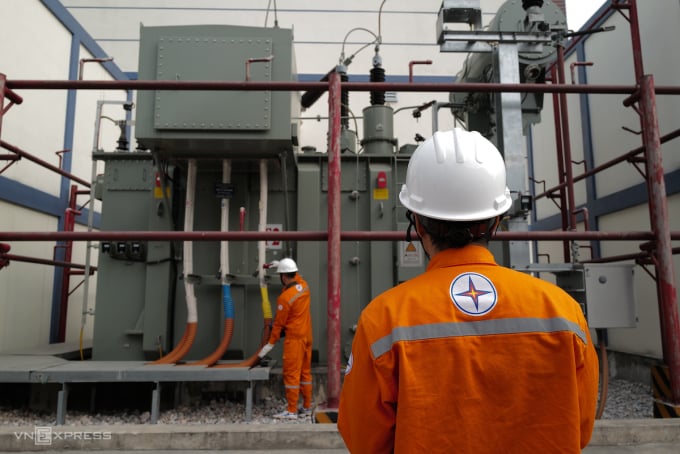
Hanoi Electricity workers repair at Lang Road transformer station, December 2022. Photo: Ngoc Thanh
In addition, according to the Ministry of Industry and Trade, recently, in order to attract private investment in power generation, projects in the form of IPP, BOT (investors are not EVN) have agreed, negotiated, and signed power purchase contracts with a common financial rate of return (IRR) of 10-12%. This rate is higher than the rate applied to power generation units accounting dependent on EVN (multi-purpose hydropower plants and other stages including power transmission, distribution, and retail of electricity because they are still 100% owned by the State), which is usually 3% or lower.
Therefore, this law amendment will add regulations on electricity price policies to gradually reduce and eventually eliminate cross-subsidies between customer groups, regions, and areas. This agency said that it will work with the Ministry of Finance to develop regulations related to electricity prices, "mechanism for adjusting retail electricity prices" in accordance with the provisions of the Law on Prices (amended).
The electricity market in Vietnam is oriented to open up competition with electricity generation, then wholesale and move towards a competitive retail electricity market. In this revision, the Ministry of Industry and Trade also proposed to complete regulations on the electricity market, such as adding a difference-type forward contract as a form of transaction in the competitive electricity market; direct electricity trading (prioritizing renewable electricity) between large electricity users and power generation units; rights and obligations of the electricity market transaction operator; market participants
competitive electricity
The draft also raises the issue of decentralization and delegation of power in electricity prices and electricity trading. In particular, the Ministry of Industry and Trade is assigned to develop and submit to the Prime Minister for approval the implementation roadmap and applicable subjects for the two-component electricity price (capacity price and electricity); the Government is assigned to specify details on electricity trading with foreign countries.
It is expected that this revised bill will be submitted to the National Assembly for first comments at the 8th session of the 15th National Assembly (2024) and passed at the 9th session (2025).
Source link



![[Photo] Close-up of Vietnam's sniffer dog team searching for earthquake victims in Myanmar](https://vstatic.vietnam.vn/vietnam/resource/IMAGE/2025/4/1/d4949a0510ba40af93a15359b5450df2)
![[Photo] Third meeting of the Organizing Subcommittee serving the 14th National Party Congress](https://vstatic.vietnam.vn/vietnam/resource/IMAGE/2025/4/2/3f342a185e714df58aad8c0fc08e4af2)


![[Photo] Relatives of victims of the earthquake in Myanmar were moved and grateful to the rescue team of the Vietnamese Ministry of National Defense.](https://vstatic.vietnam.vn/vietnam/resource/IMAGE/2025/4/2/aa6a37e9b59543dfb0ddc7f44162a7a7)


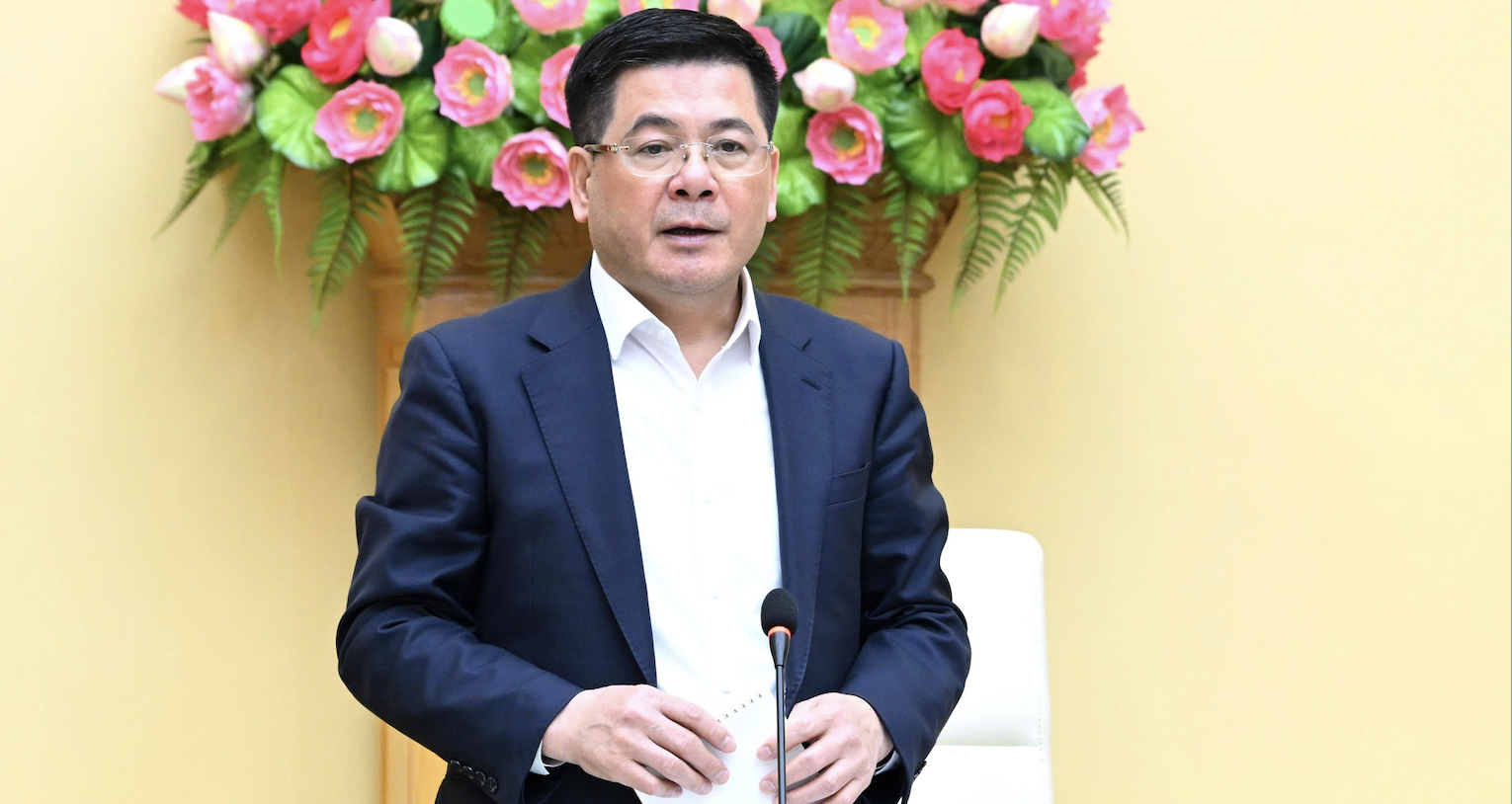

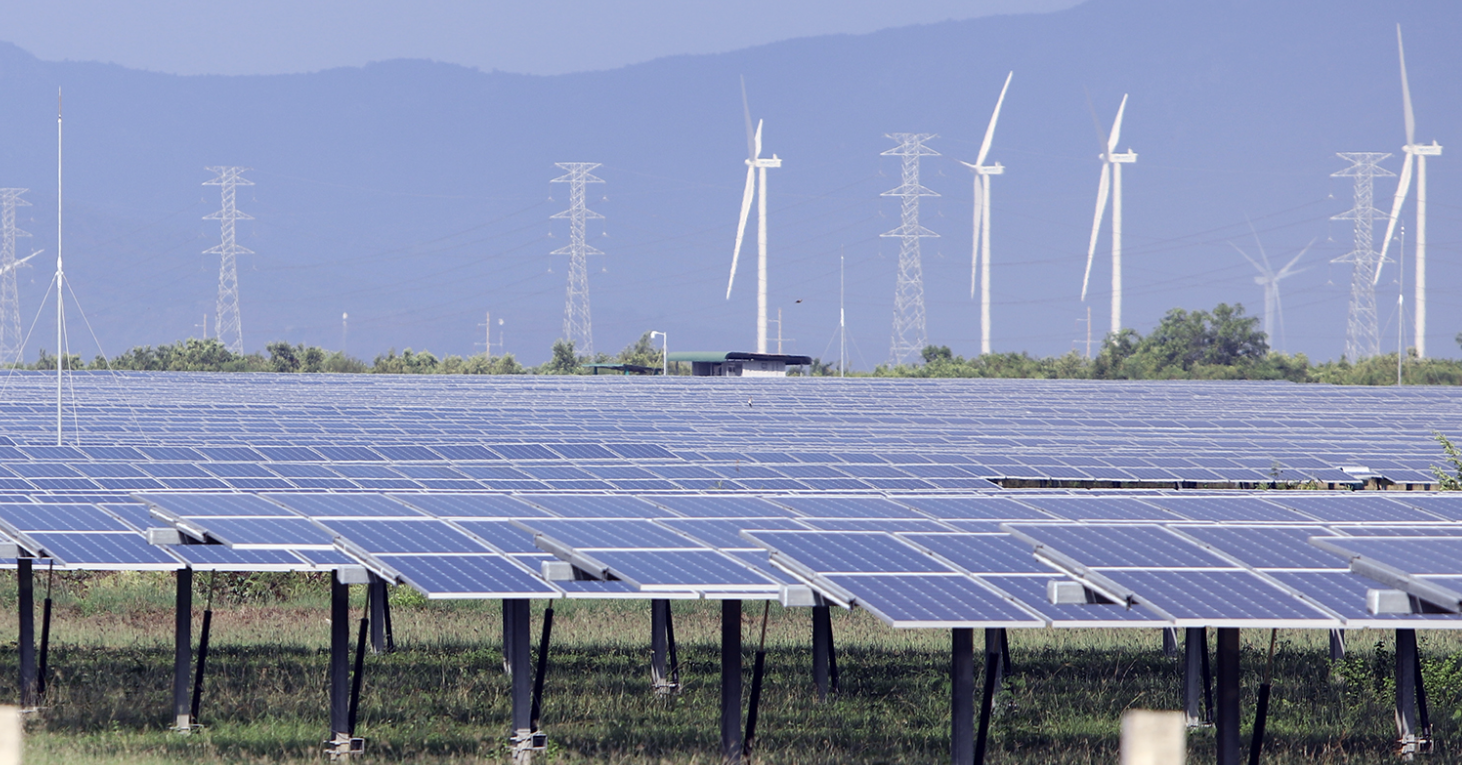

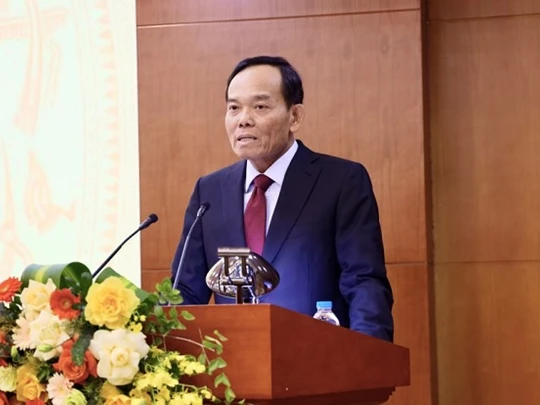



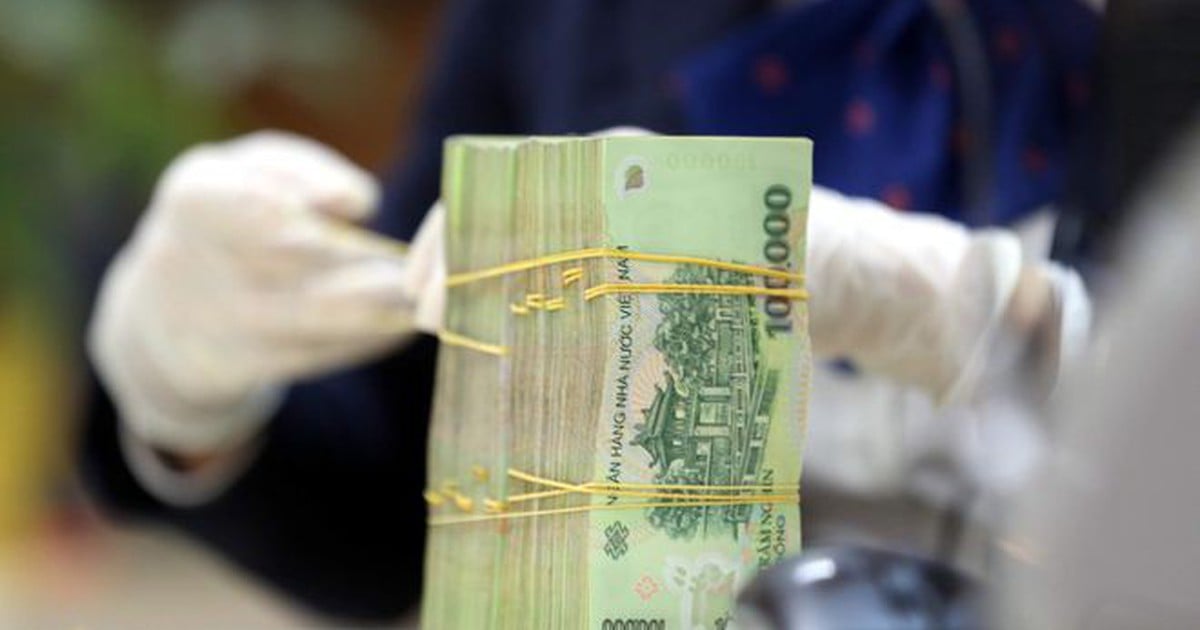
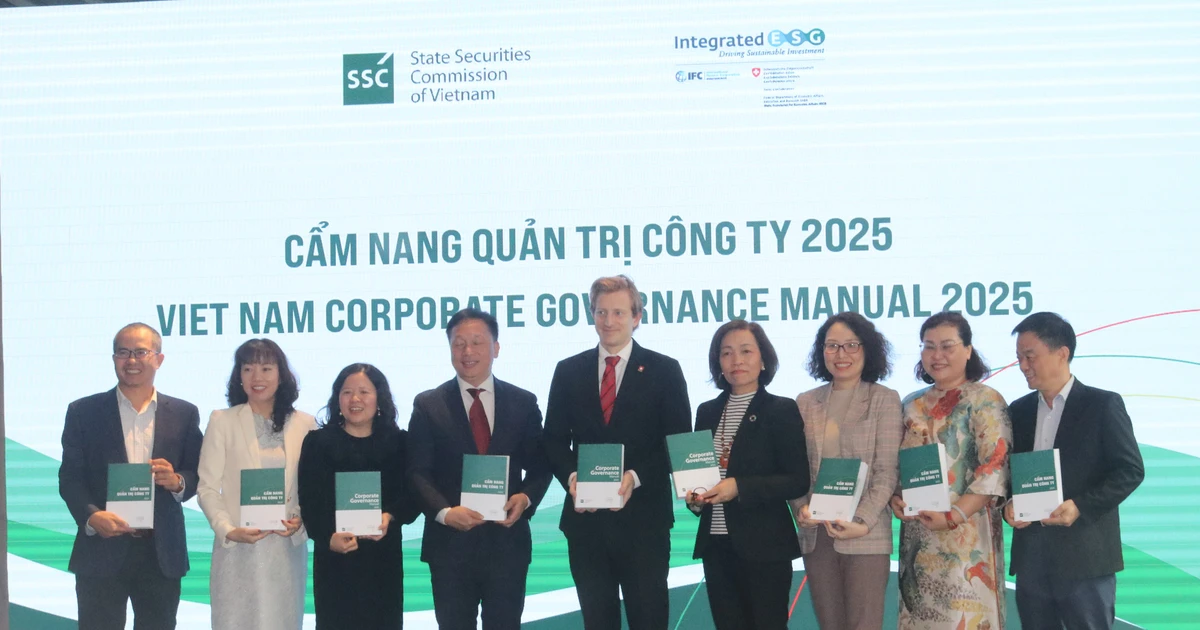
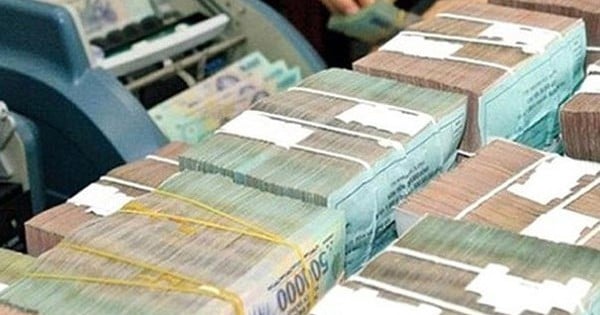











































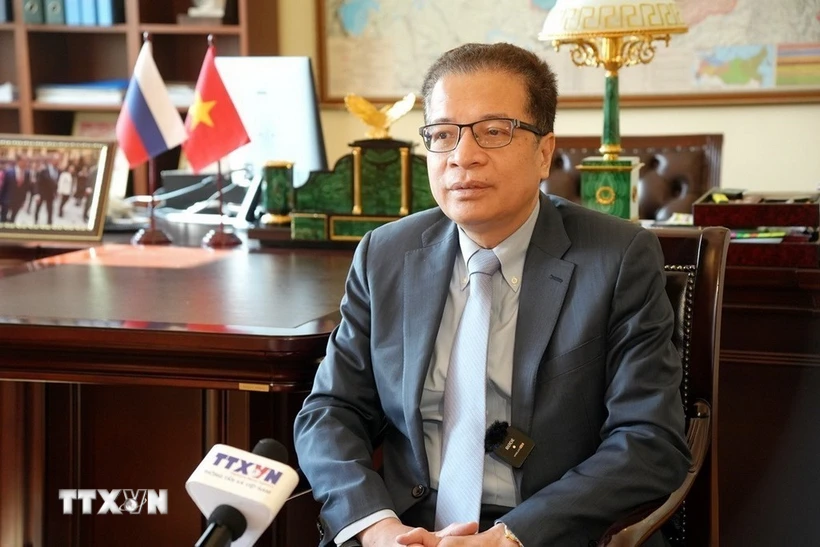
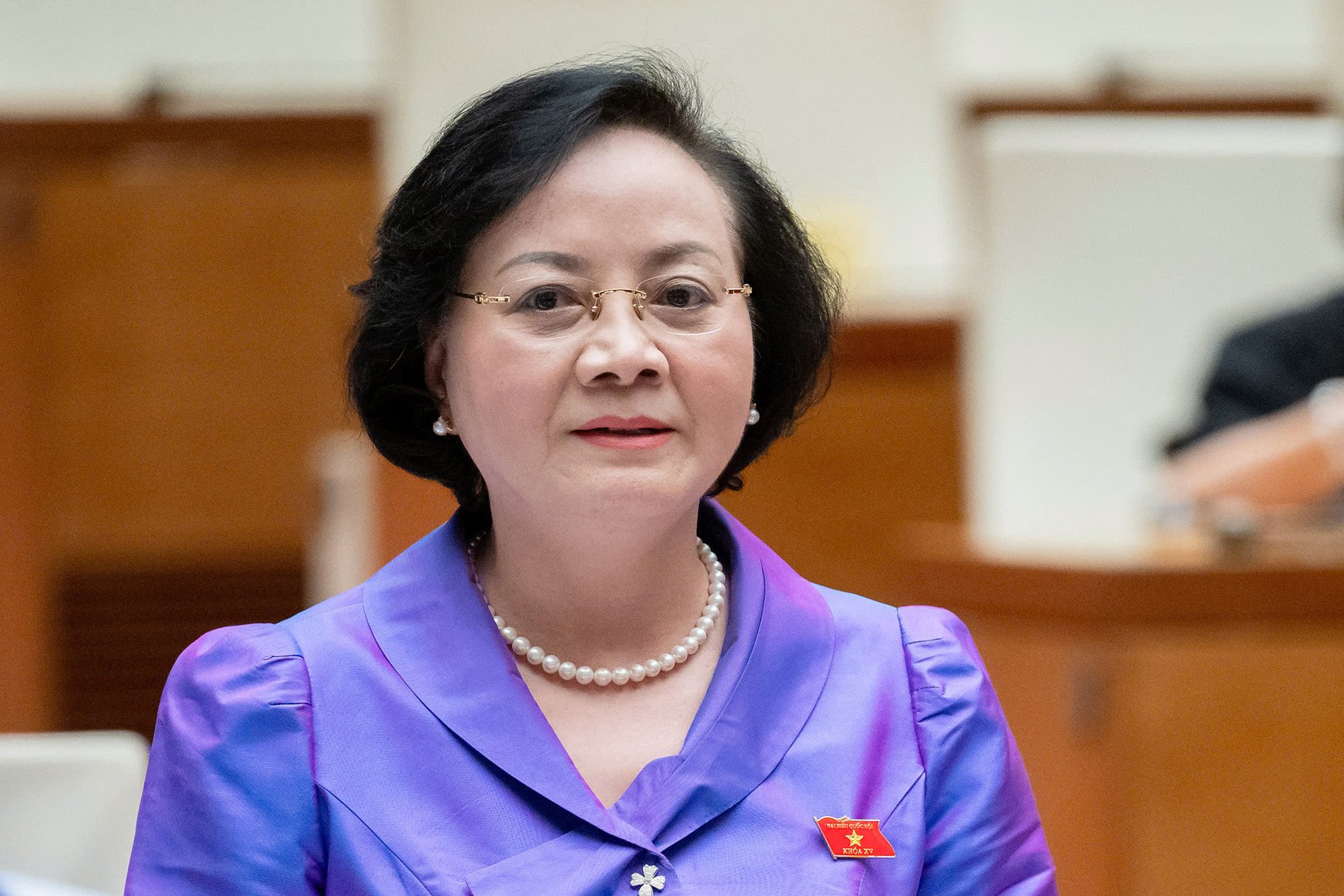

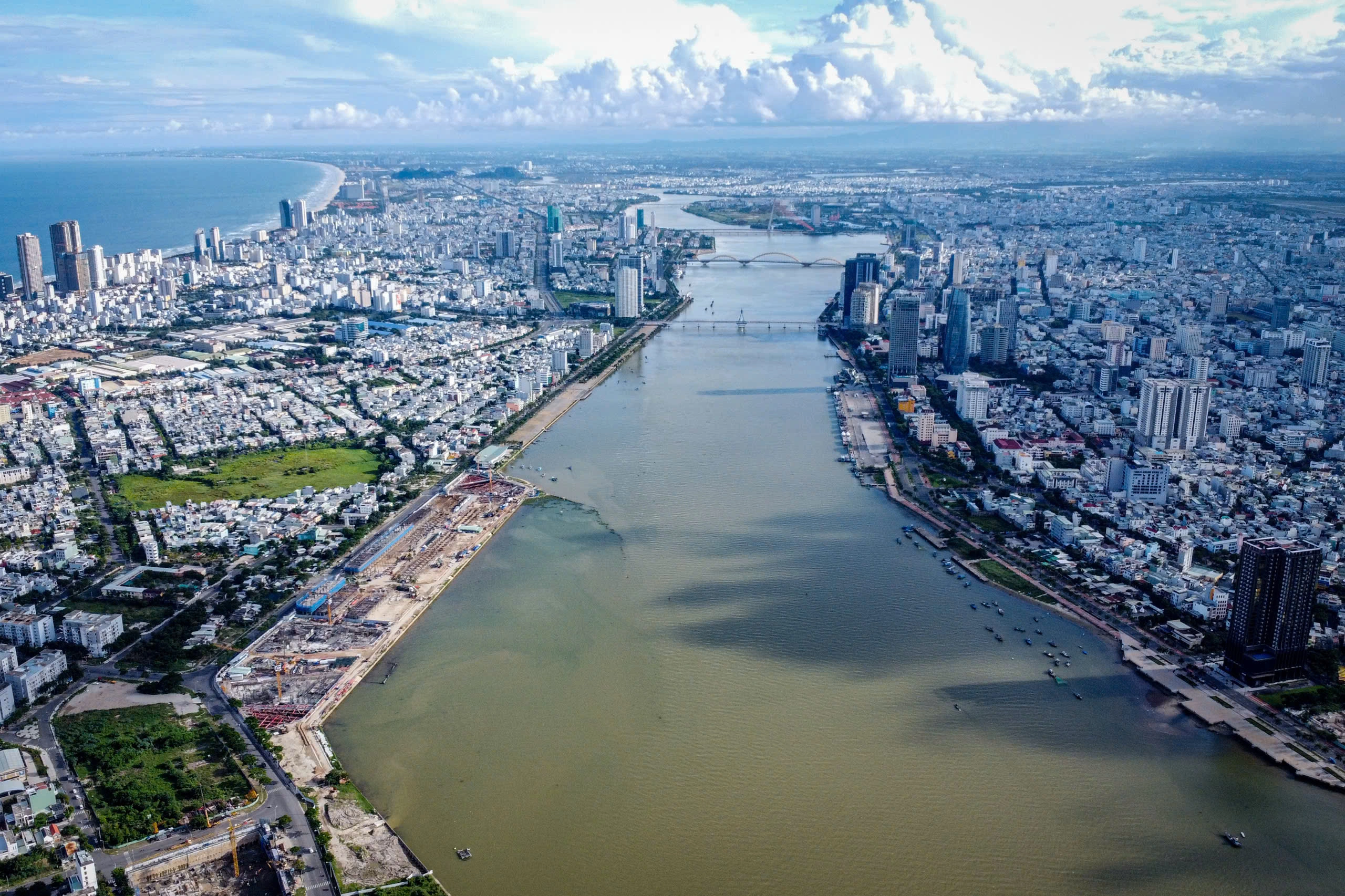


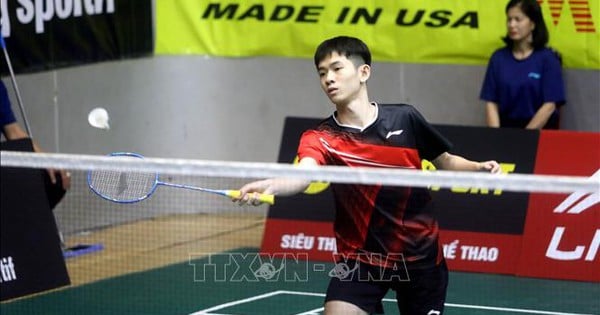






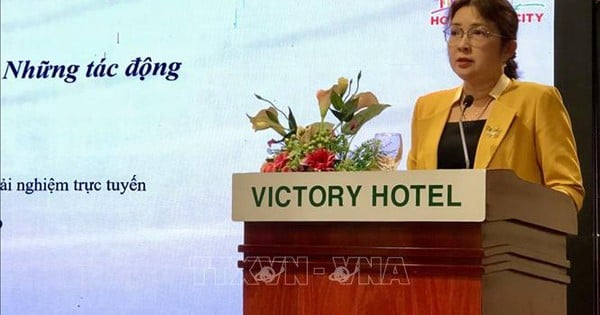
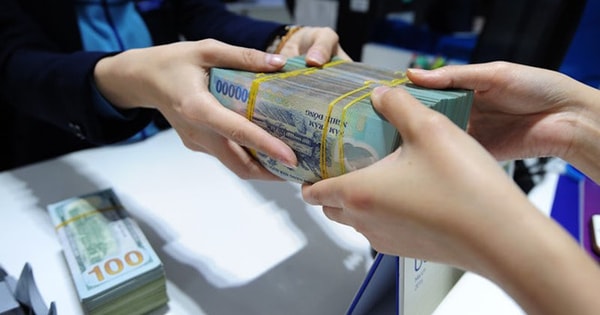







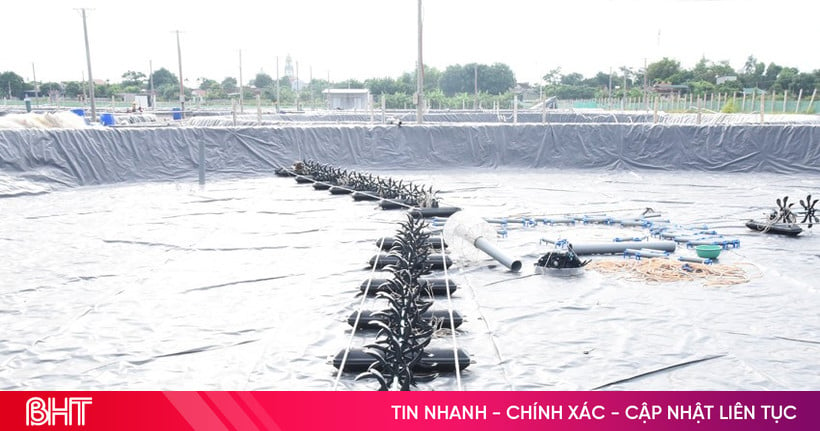
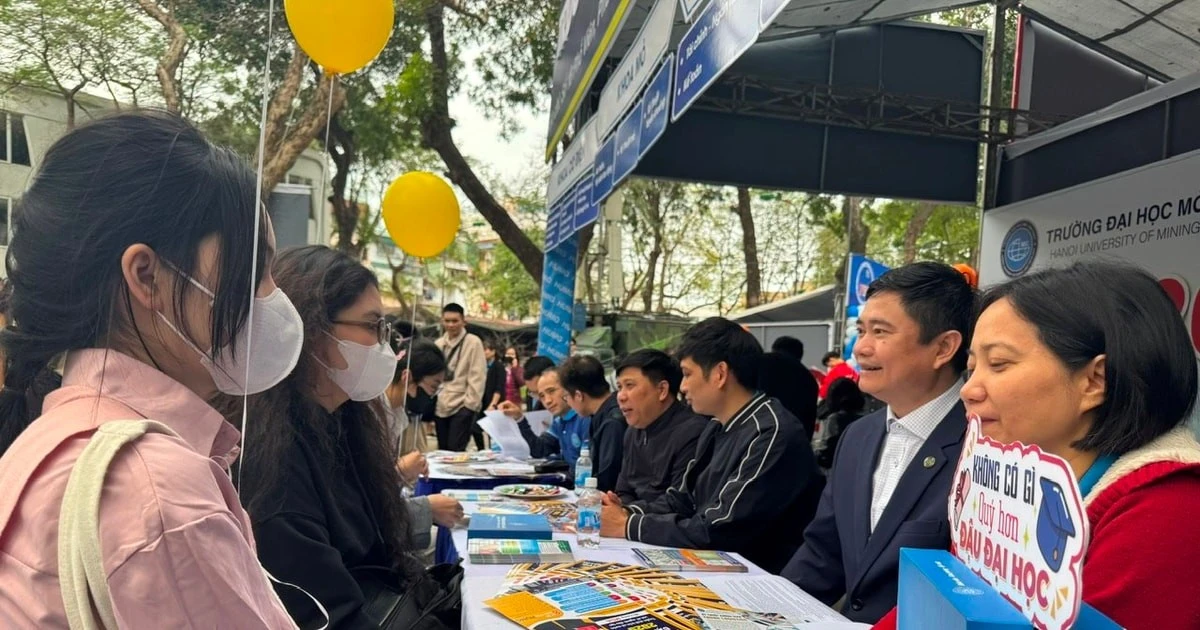













Comment (0)